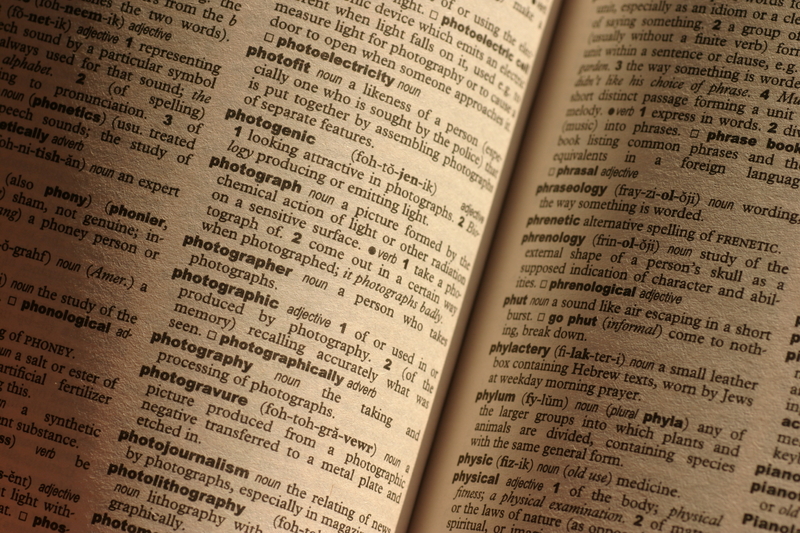Il comportamento cortese, la sua mancanza o le giustificazioni possono essere espressi con il linguaggio.
Solitamente durante la conversazione affrontiamo diverse forme di saluto, quelle di congedo oppure certi modi che rivelano i rapporti fra gli interlocutori e possibilmente anche la cortesia. Le giustificazioni invece nascono dall’esigenza di chiarire il proprio comportamento, anche qui bisogna non esagerare per non finire nell’umiliazione di se stessi. Da qui nasce l’esigenza di usare differenti forme di cortesia a seconda con chi parliamo; per esempio con un estraneo, un’autorità, un anziano, un insegnante insomma se l’ambiente in cui siamo è formale o informale. Infatti l’uso dei pronomi indicano i rapporti tra i parlanti, in cui si sottolineano rapporti di superiorità e inferiorità; si tratta di solito di pronomi di seconda persona singolare e plurale.
Perciò chiedere scusa ed essere cortesi al momento giusto non è sempre facile, ma è necessario conoscere alcune forme linguistiche per riparare ad uno screzio con un superiore o una persona amica.
Il tempo giusto per le scuse però può essere solo determinato dalla propria sensibilità e soprattutto dovrebbero sempre essere sincere.
Regrets over mistakes and lack of manners can be expressed through language.
During any conversation we face different types of greetings and farewells, and we also use certain terms to reveal relationships and to relay courtesies. The amount of politeness required depends on who you are speaking to and in what circumstances. For example, if you are speaking to someone who is elderly, a stranger, or an authority figure you may use pronouns and terms to express respect and less familiarity than you would with family or friends. In Italians pronouns can be used to indicate the relationship between the speakers, often emphasizing higher and lower statuses.
Apologizing, or providing justifications for our actions, often comes from the need to explain our own behavior in a way that doesn’t exaggerate mistakes so as not to humiliate yourself. While in Italy you’ll likely find the need to make polite apologies or explain your actions, how you do this really depends on who you are talking to. When and how to excuse yourself also depends on the situation and, above all, should always be sincere.
Below are some common expressions that will likely come in handy:
Sono spiacente = I’m sorry
Scusa, potresti ripetere di nuovo? = Excuse me, can you repeat that?
Mi dispiace per il ritardo, stavi aspettando da molto? = I’m sorry I’m late, were you waiting long?
Mi dispiace, sono desolato per la grave perdita…(condoglianze) = I’m so sorry for your loss (condolences)
Pronto, Carla, scusa se disturbo = Hello Carla, sorry if I’m bothering you
Disturbo? = Am I disturbing you?
Disturbo se fumo? = Do you mind if I smoke?
Scusami per il disordine/la confusione, che casino! = Sorry for the mess/confusion, what a mess! (Often used in situations like spilling a drink on someone’s carpet at a party)
Scusate il disordine a casa (se qualcuno ti viene a trovare inaspettatamente) = Please excuse the mess (When someone shows up unexpectedly and your house is a bit of a mess you can use this phrase).
Mi dispiace, ma ieri non hai fatto un buon lavoro = I’m afraid you didn’t do a good job yesterday
Sono spiacente per l’inconveniente/per l’intoppo = I’m very sorry for the inconvenience/hitch
Mi perdoni, ma non riesco a trovare la sua prenotazione = Excuse me, but I can’t find your reservation
La prego di scusarmi dottore, ma ho dimenticato l’appuntamento con lei = Please forgive me, I forgot my appointment.
Scusa cosa hai detto? = Sorry, what did you say?
Scusi che ora è? = Excuse me, what time is it?
Scusami per non averti comunicato nessuna notizia ultimamente= Forgive me for not having written with any news lately
Siamo desolati, ma il museo sta per chiudere = We are very sorry, but the museum is closing
Siamo spiacenti di informarla che… = I regret to inform you that…
Mi dispiace dover dire che… = I hate to tell you this, but…
Parli più lentamente per favore, non parlo molto bene l’italiano = Can you please speak slower? I don’t speak much Italian.
Scusi dov’è il bagno? = Excuse me, where is the toilet?
Scusa se ti ho fatto aspettare = Sorry for keeping you waiting
Ti devo delle scuse. Mi hai invitato alla festa ed io ho dimenticato di risponderti = I owe you an apology. You invited me to the party and I forgot to respond.
Mi dispiace, ma la tua casa ha bisogno di costose riparazioni = I’m sorry, but your house needs expensive repairs, I’m sorry. (An example of apologizing for giving bad news)
Mi scusi, ma lei si è seduto al mio posto = Excuse me, but you are sitting in my place (Used for situations like at a theater, when someone is sitting in your seat).
Molte persone trovano difficile dire ” scusi” ; invece si scusano indirettamente, prendendosi la responsabilità ad esempio, di aggiustare o comperare una cosa nuova. Some people find it difficult to apologize so they take it upon themselves to make things right instead or offer to make amends. Some examples:
Il marito rovescia del vino sul tappeto e dice ” va bene, lo pulirò” o te ne comprerò un altro, anzi uno più bello = A husband spills some wine on the carpet and says: it’s ok, I’ll clean it up!
Or
I’ll buy you another one; an even better one
Io sono sinceramente dispiaciuta di dirle che non ha avuto il lavoro = I sincerely regret to say that you did not get the job (qui la persona dimostra quanto sia dispiaciuta = here the person shows how sorry she/he is).
Ways to Apologize in a More Formal Manner
Le porgo le mie scuse = I apologise for that
La prego di accettare le mie scuse = Please accept my apology
Egregio signore, desidero nuovamente presentarle tutte le mie scuse = Dear Sir, I would like to apologize again.
By Elisa Bressan





























